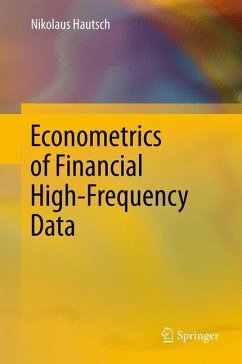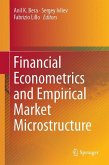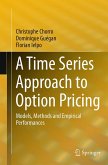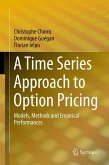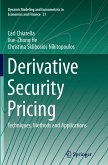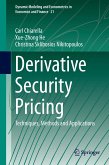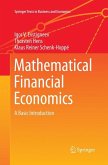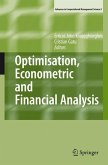The availability of financial data recorded on high-frequency level has inspired a research area which over the last decade emerged to a major area in econometrics and statistics. The growing popularity of high-frequency econometrics is driven by technological progress in trading systems and an increasing importance of intraday trading, liquidity risk, optimal order placement as well as high-frequency volatility. This book provides a state-of-the art overview on the major approaches in high-frequency econometrics, including univariate and multivariate autoregressive conditional mean approaches for different types of high-frequency variables, intensity-based approaches for financial point processes and dynamic factor models. It discusses implementation details, provides insights into properties of high-frequency data as well as institutional settings and presents applications to volatility and liquidity estimation, order book modelling and market microstructure analysis.
Bitte wählen Sie Ihr Anliegen aus.
Rechnungen
Retourenschein anfordern
Bestellstatus
Storno

